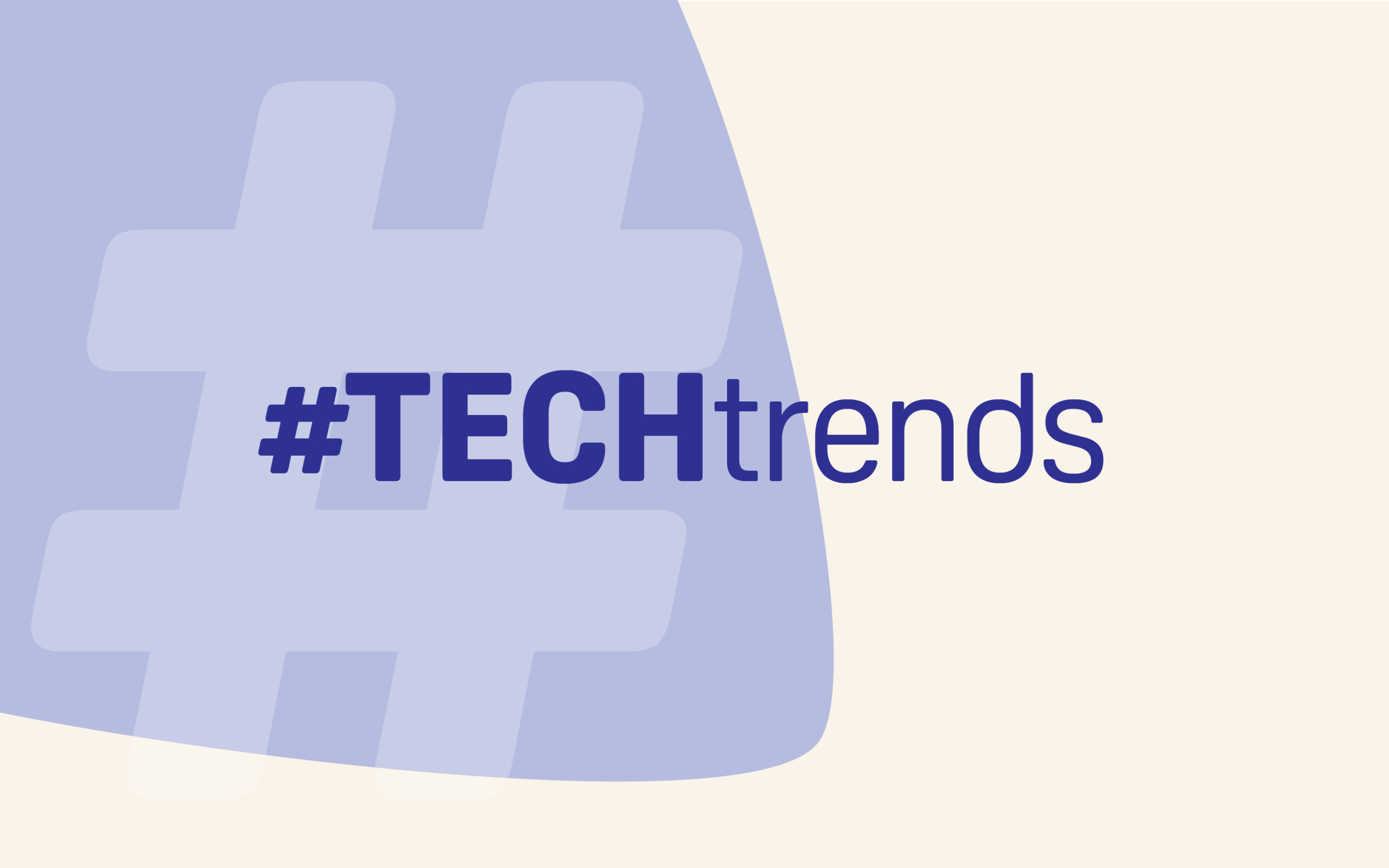
Academic assessments have always aimed to rigorously evaluate students’ understanding of concepts and topics. Unfortunately, the traditional and well-established “pause and test” approach does not achieve this; at best, it provides a shallow snapshot of a student’s understanding at an instant in time. Continuous assessment approaches, such as factoring in term work, have been used, but questions about their reliability and authenticity have put an upper limit on the weight given to such evaluations. Individualised feedback on assignments, which is another important component of the learning process, poses an additional challenge for teachers, since providing accurate and useful feedback becomes a tedious and almost herculean task, even with standard class sizes.
Educators want to align assessments with classroom instruction as well as mimic real-world scenarios to evaluate whether students can properly apply their acquired knowledge. Test scheduling is also an important issue. The “one-schedule-suits-all” approach does not consider when individual students are ready to demonstrate their mastery of a particular skill or concept, yet assessing the latter using the conventional pen-and-paper approach is virtually impossible to implement.
However, technology now exists that could make dreams of effective assessments a reality. Artificial intelligence (AI) has been used in personality assessments for quite some time via expert-developed algorithms, and experiments with academic assessments have also been undertaken.
Adaptive tests created using AI can offer students timely and engaging academic assessments.
Personalising such tests could enable specific and actionable measurement of a student’s skills. This would provide teachers with the insight to implement individualised interventions and create an optimal path for students to achieve success. The body of knowledge acquired in the fields of game theory and machine learning can contribute towards developing such an approach to assessments.
One major hurdle in using AI for assessment has been the very limited interactions between students and the systems that could be used for creating custom assessments and pathways. Only a few top-tier universities have inducted technology into the teaching–learning process to any significant extent; most only pay lip service to technology and, at best, use it to offer academic support through notice boards and announcements. However, a silver lining to the dark pandemic cloud hovering over the world is that an entire generation of learners has now experienced the flexibility afforded by online learning, and this format is here to stay!
This is the ideal opportunity for governments and educational institutions to invest in the technology necessary to create platforms that truly facilitate the learning process for their students. Once students are put in constant touch with these platforms, we can begin moving towards continuous evaluation and feedback. All three stakeholder groups — teachers, students and parents — can be sufficiently informed and benefit from timely information that could help avert many of the factors that lead to shallow learning or school leaving. Teachers, in particular, will gain deep insights into how their students learn, what support they require and the progress they make towards their learning goals.
The time to act is now. An agenda based on technology investments and learning platform implementation needs to be articulated and enacted by governments and institutions. AI-based assessment can then become a reality and go mainstream, and all stakeholders will benefit.


